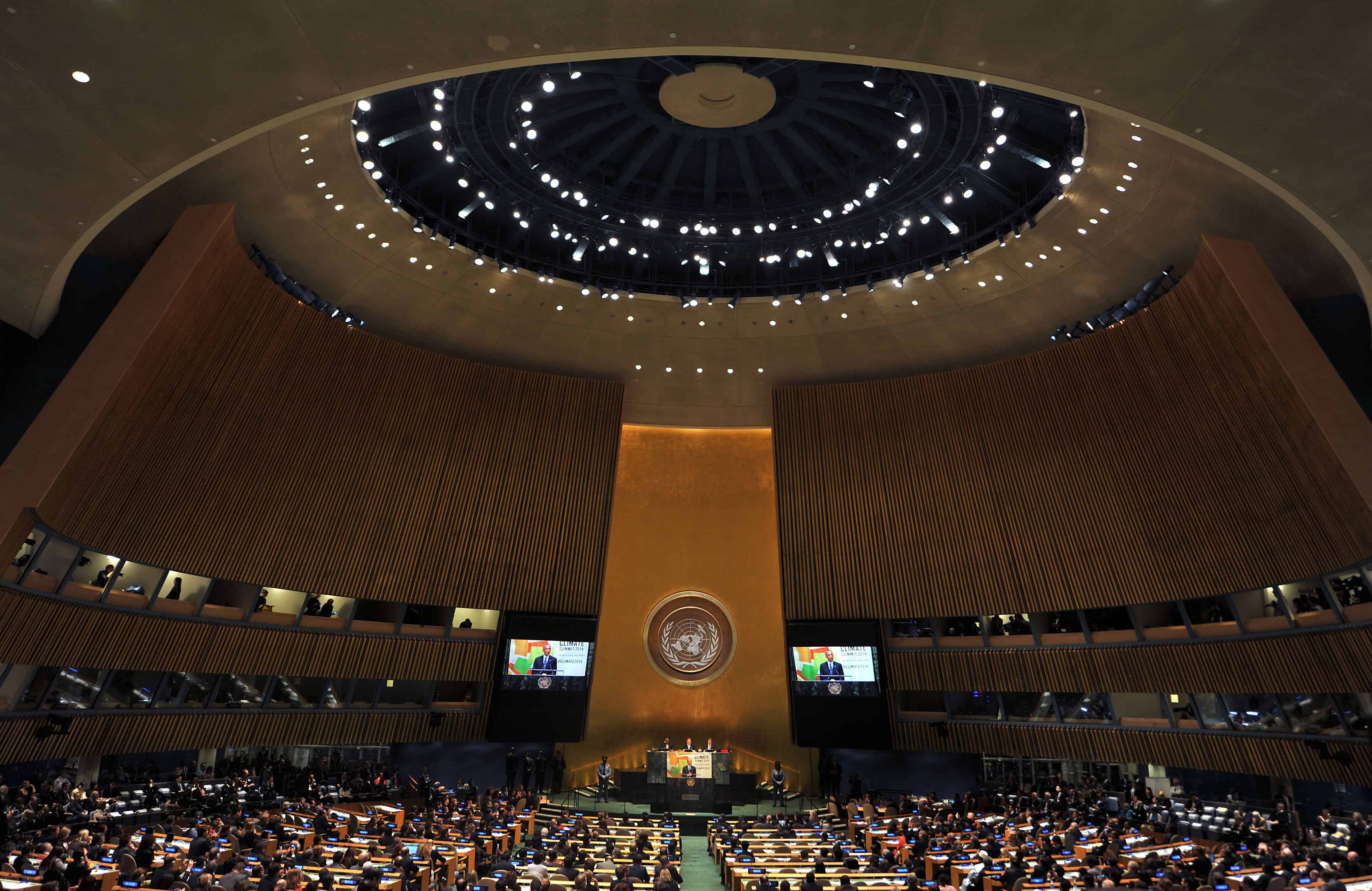His voice is among those that warn of the devastating consequences of the pandemic in Latin America. But for Luis Felipe López-Calva, regional director of the United Nations Development Program, COVID-19 is also “an opportunity” to rebuild trust between citizens and governments.
The coronavirus crisis is a “systemic” and “global governance” crisis, the Mexican economist told AFP via Zoom from New York, headquarters of the organization.
But it recognizes its especially devastating effect in Latin America, which with 9% of the world population has registered close to 40% of deaths in the last two months, a figure that illustrates “the great impact that the pandemic has had.”
COVID-19 has already infected 6.7 million people with 260,000 deaths in the region.
The Tico Times has translated the below Q&A interview from Spanish.
What post-pandemic scenarios await Latin American societies?
Our countries have reacted in a very heterogeneous way, but we have learned during the process.
Health strategies have been refining, in terms of the number and type of tests, the follow-up of cases, and investment in hospital capacity. And we have seen a reduction in both infections and recent deaths in virtually every country.
From the economic point of view, there are already clear reactivation strategies, employment is beginning to recover slightly, but this will still be a very long and very complicated process because we are learning to reactivate the economy by living with a very large pandemic.
And we can expect that normality will have as a central requirement the existence of a vaccine.
There has been talk of a setback of up to two decades in advances on inequality.
The estimation of economic impacts, including the drop in economic growth or the levels of poverty and inequality, are simulations that are made in the absence of a public policy response. They are extreme scenarios that are very important to take into account when designing strategies that mitigate those effects.
We have different scenarios in different countries, but at the regional level we can indeed speak of a setback of up to 10 years — in the absence of an effective policy reaction — in multidimensional poverty levels, according to a recent report released by the UNDP.
That is why we are working with governments to design response policies, and we would hope that, although the existing fiscal instruments and spaces are not ideal, the responses will have a mitigating effect.
In what aspects is the impact of the pandemic going to be felt?
The pandemic is going to change our practices in health policies and in many individual behaviors, and work practices in terms of places and mechanisms to carry out productive activities.
This is a governance and systemic crisis, and we will not be able to get out without a systematic approach, because what has existed is a revelation of many structural phenomena that already existed.
Just as the individuals most vulnerable to the pandemic are those with what are medically called “pre-existing conditions,” the most vulnerable economies and societies have also been those with pre-existing conditions — that is, with high inequality, ineffectiveness of some policies, low confidence in institutions and fiscal incapacity.
It is very likely that countries will emerge from this situation with higher levels of indebtedness, and it is necessary to think about how debt markets work and to what extent they can ease the functioning of the fiscal space that countries will require for recovery.
There has been a great destruction of employment. The productive social fabric must be rebuilt, and that will require important measures at the socioeconomic level.
And the social impact is beginning to have an effect on the ability of people to withstand long confinement, and we have to work with governments to prevent this pandemic from also having a destructive effect on institutions and instead take it as an opportunity to rebuild trust between citizens and governments. And to rebuild effective institutions for a normalcy that is not only new but better.
Have countries’s responses been insufficient?
At a global level, we realized that we had systems that were insufficient to respond to a systemic threat of this nature. But we can find very effective examples of response in our own region.
For example, the success of quarantine in several of our countries, such as Argentina; the case of Uruguay, where the response has led to a very controlled growth of the pandemic.
Or the fiscal response in the case of Colombia, with its VAT refund scheme for households; or Guatemala, where the social transfer protection program multiplied by 10, from 250,000 beneficiaries to almost 2.6 million; or the investment made in Mexico to increase hospital capacity in a very short time.
But I would insist that it is a totally unprecedented situation for which globally we were not prepared.






